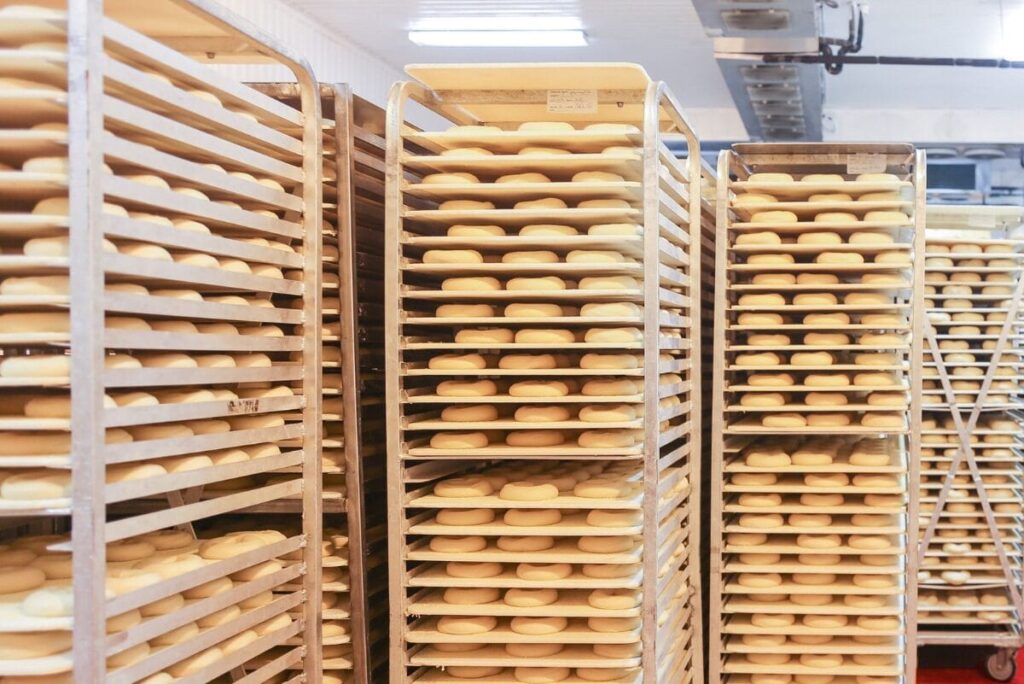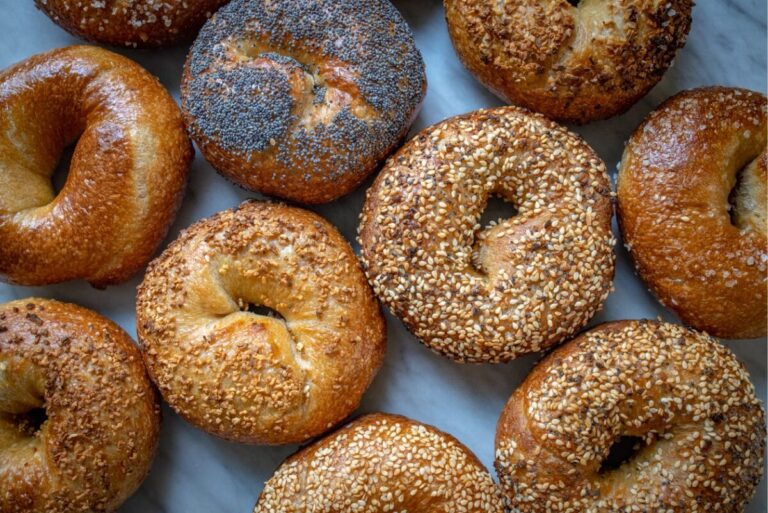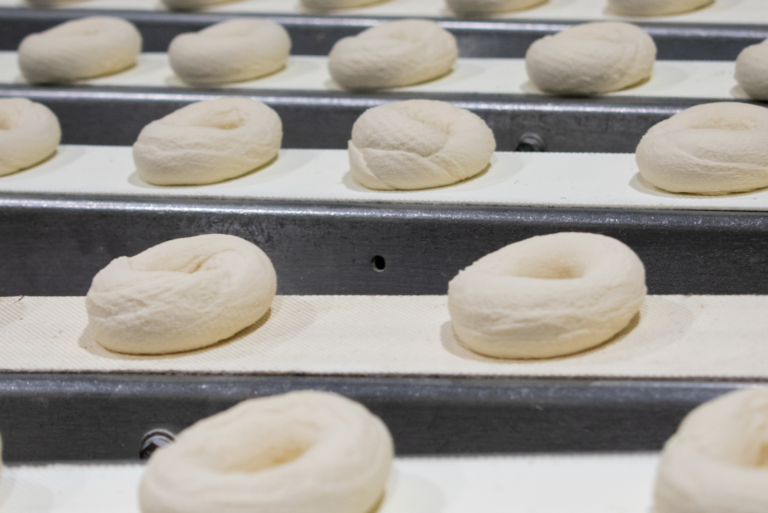KANSAS CITY, MO — From traditional Jewish cuisine to an iconic New York tradition, bagels are a staple in American pantries. Bagel producers are putting a fresh spin on this classic baked good with unique flavors and gluten-free varieties.
Bronx, NY-based Just Bagels appeals to consumers seeking a New York bagel made from traditional methods with high-quality ingredients, great flavor and texture.
“The difference between our bagels and others is that we are a real New York bagel — not New York-style — made just like those in a small bagel store but on the scale of a mid-sized commercial bakery,” said Cliff Nordquist, president of Just Bagels. “For us, no two bagels are alike, because no two manufacturing days are the same. Our bagel making is impacted by weather, equipment and the non-GMO, clean ingredients we use. Our customers know our bagels are authentic when compared with other mass-produced alternatives, and we always deliver artisan taste and texture.”
As Just Bagels scaled up from a small bagel store, it fine-tuned what made its bagels premium and adjusted formulations for mass production. The star ingredient is water from the Catskill Mountains, which Nordquist maintains to have the perfect mineral content to give bagels that crusty exterior.










